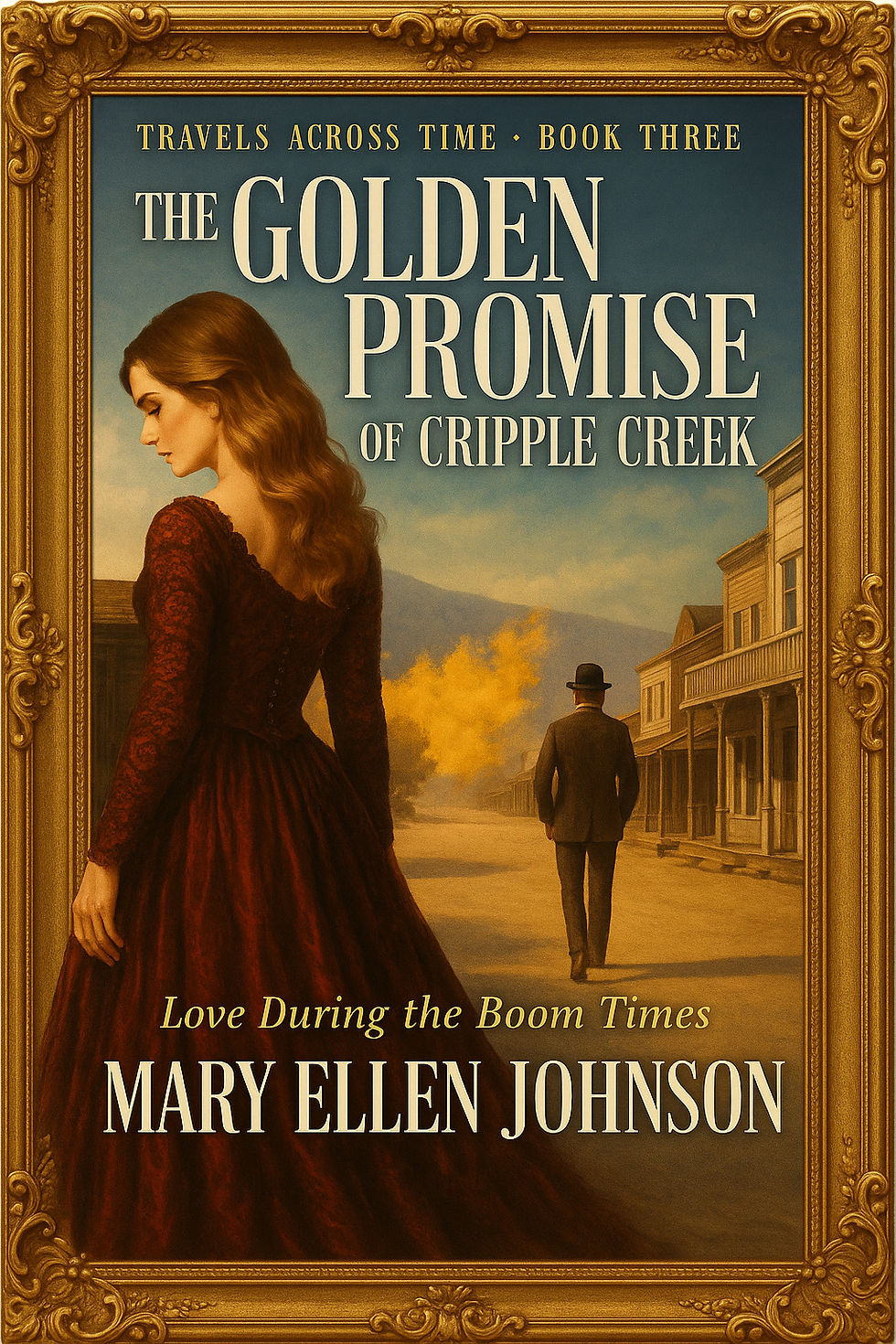It's true that when we "assume..."
- Mary Ellen Johnson
- Nov 13, 2022
- 4 min read
it makes an ass of you and me. At least that's how I felt talking with an actual historian during my Scholarly Sojourns tour of Great Castles of Britain. What I love about Scholarly Sojourns is that only those interested in the offered subject book the tour so you're among kindred spirits. Secondly, our tour guide is a bona fide expert, which in this case meant a man who could actually translate primary documents. In addition to knowing everything about castles--"Look, Romans largely built in brick...that's an Anglo-Saxon pattern...those are gothic windows"--he'd immersed himself in rhe time period. Since I am an autodidact and would grow impatient looking over household accounts even if I could understand them, I was particularly fascinated by several of his observations.
The following are pretty universally repeated by popular historians or at least the ones I've come across:
William Marshal is England's greatest knight. We all know the particulars. Marshal loyally served several kings, married well, and was the epitome of a medieval fighting man. "A thug," countered my historian. "Lousy tactician who had to have others come in and save his butt." (He used far more eloquent language.) Expedient, not too bright but had good p.r., most likely in the form of chronicles. Don't know whether that charactization is true, but some who have written about him seem to be well credentialed. Wouldn't those who were writing non-fiction, as opposed to fiction, have consulted primary sources?
Isabella and Roger Mortimer were lovers: But of course. I wrote about this in my first historical novel, The Lion and the Leopard. As I did the manner of Edward II's death, murder by having a red hot poker jammed up his anus. Okay, well when I was a youngling, I was more interested in a good story than truth and less respectful of my real-life characters. I still make mistakes but if I majorly veer from the accepted record, I make a note of it. Anyway, my historian said, "There is no real evidence Isabella and Mortimer were romantically involved." What? I immediately went to the expert, Kathryn Warner, who writes the wonderful Edward II blogspot. A careful reading of primary sources does not assert any sort of romantic relationship. In fact, in all the "crimes" listed against Roger Mortimer or accusations against Queen Isabella, adultery is never mentioned. Peculiar. Surely, enemies would throw everything at their hated rivals--whether real or imagined. And yet...there is no actual reference to Mortimer and Isabella as lovers. Even historians I admire assumed this to be true and spun out their case from what may be a faulty premise. What we contemporaries often mistakenly do is place our values and behaviors on our ancestors. Particularly when it comes to someone like Isabella, who was raised to behave like a queen rather than a woman. It would be against her breeding, not to mention her religious upbringing, to tumble into bed with her fellow insurrectionist. The best evidence is that Isabella and Mortimer's relationship was close but professional. While we can pick and choose and make a case for the other, the evidence is iffy. Okay if you're a novelist. Not so much if you're a historian.
My impression, not to mention the story that has come down to us about Eleanor of Aquitaine and Henry II, is that Eleanor was married to a feeble king and was completely enamored of the energetic, ambitious English knight who swept into her life. Theirs was a love match that went sour. Probably not. More likely it was strictly a political alliance. Marrying for anything other than love, to be forced into an "arranged" love is anathema to most contemporary sensibilities. (Though we're not so very different when it comes to one very rich and very old spouse who marries a much younger pretty toy.) And yet, that was the way of the Middle Ages, particularly when it came to members of the nobility. One's primary duty was to continue one's lineage and maintain/expand one's property. Love didn't enter into it. So isn't it ironic that the Middle Ages introduced us to the concept of courtly love, which involves knights who go mad or even die from thwarted love for the object of their passion? Perhaps they could be so over the top in fiction because their reality was the opposite. Given today's high divorce rate, I'm not sure romantic love is the best basis upon which to enter into a lasting marriage, but I'll address that some other time.
Sons fighting on opposite sides during rebellions: I hadn't really thought about this one. Upon reading of brothers facing off against each other on the battlefield, I imagined heated arguments--one side believing in the policies of their king, the other believing he was a disaster who must be deposed. (Or some such.) Lots of angst, once close siblings becoming mortal enemies (a bit like current MAGAS vs. us Libtards?). The truth, apparently, was far more practical and clever, if I do say so. With one son fighting on either side, regardless of which side lost, the family could say, "I was loyal to you, the winner." And since the crown held all the lands, it seemed an ingenious solution.
All of this is my way of saying history is always fun, always fascinating and forevery changing.






Comments